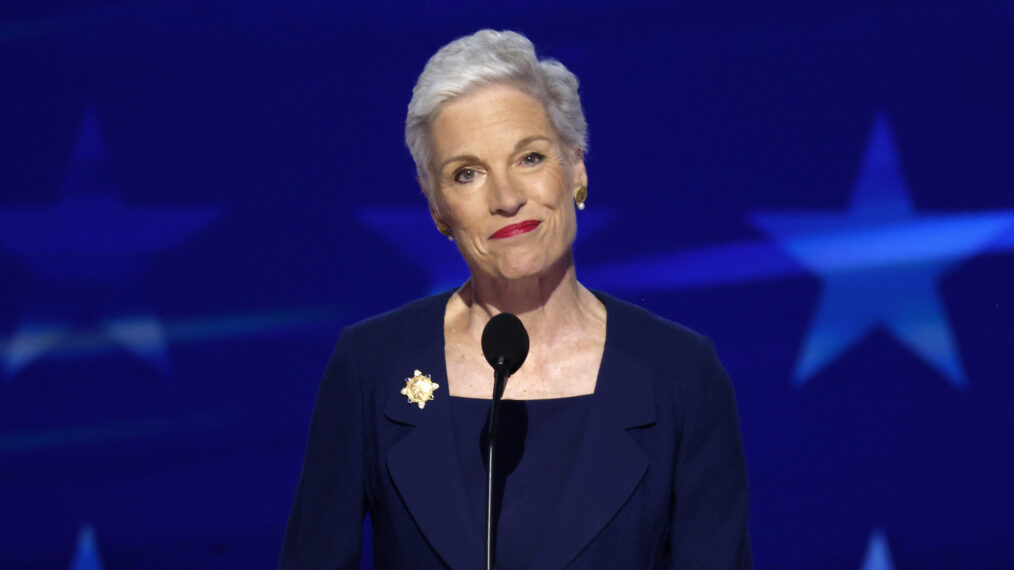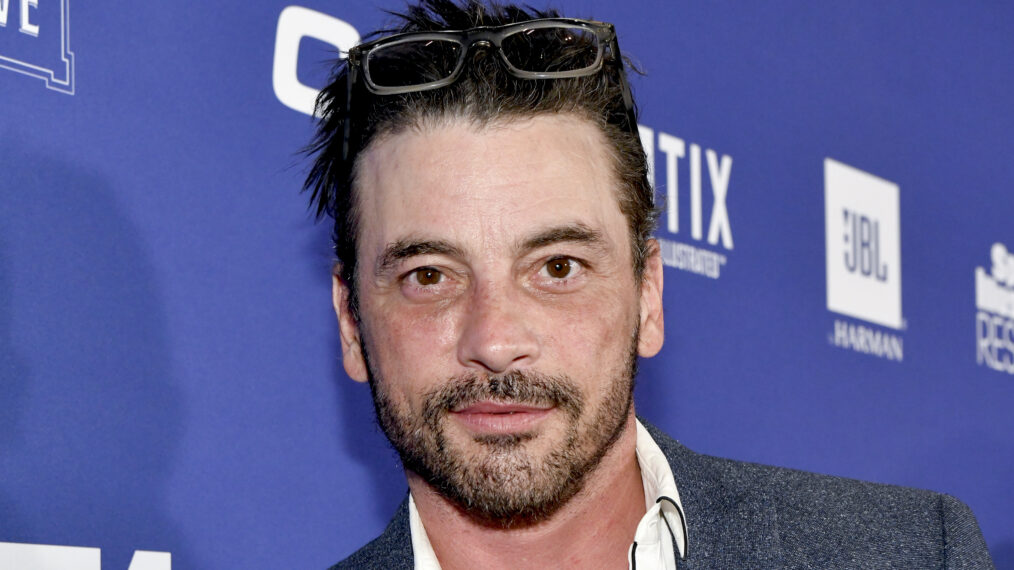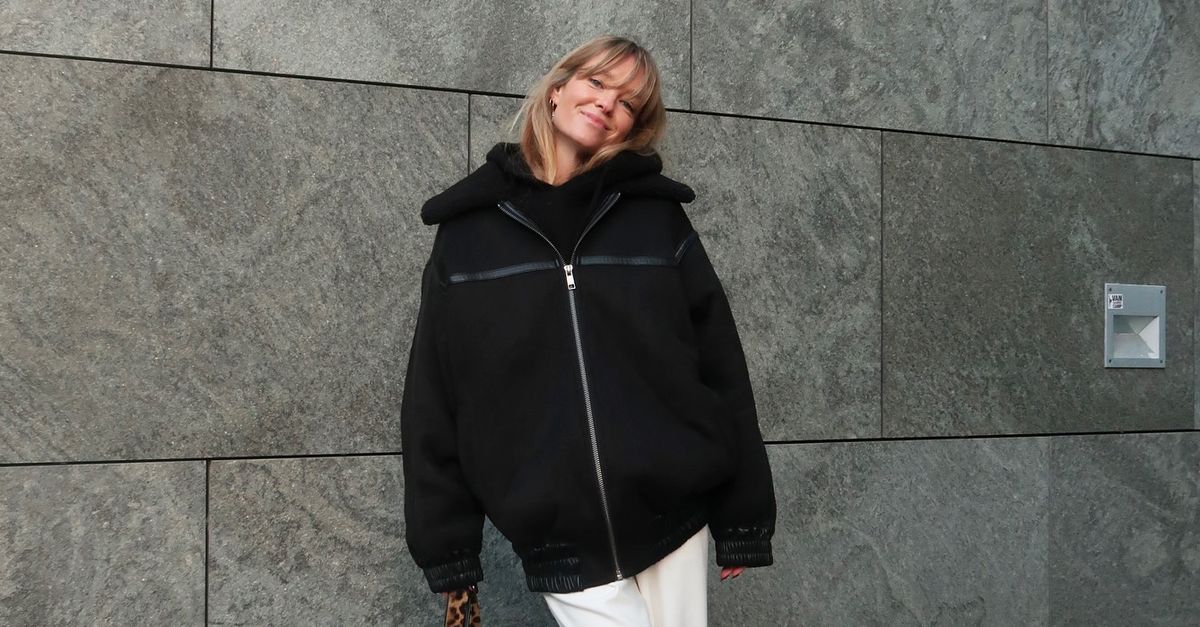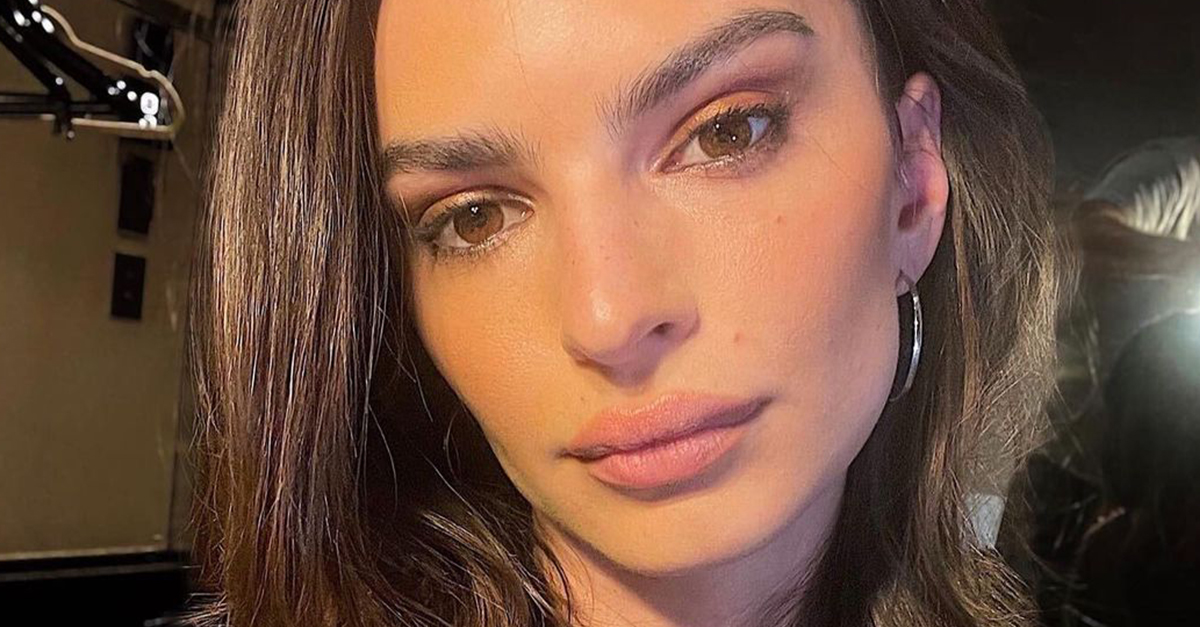ComingSoon Editor-in-Chief Tyler Treese spoke to Thirteen Lives stars Viggo Mortensen & Joel Edgerton about recreating real-life heroics in the Ron Howard film. It’s streaming on Prime Video on August 5.
“Thirteen Lives recounts the incredible true story of the tremendous global effort to rescue a Thai soccer team who become trapped in the Tham Luang cave during an unexpected rainstorm,” says the synopsis. “Faced with insurmountable odds, a team of the world’s most skilled and experienced divers – uniquely able to navigate the maze of flooded, narrow cave tunnels – join with Thai forces and more than 10,000 volunteers to attempt a harrowing rescue of the twelve boys and their coach. With impossibly high stakes and the entire world watching, the group embarks on their most challenging dive yet, showcasing the limitlessness of the human spirit in the process.”
Tyler Treese: Viggo, can you describe the challenges of filming in the water? It had to be such a tremendous undertaking from every facet of production, but it leads to these amazing shots.
Viggo Mortensen: Well, there were a lot of good things, things in between, and things that were scary about it. One of the things I really liked as an actor is that when I was underwater, nobody could get after me. I was on my own and that was beautiful. It’s like, yeah, you can sort of hear if someone’s like yelling, “ah, wait, cut!” Or “come back to the surface.” You could take your time doing that. You’re under there. It’s like I’m on my own … I’m free. There was something nice about that, but the flip side is that it’s scary because you are on your own. Even though there’s safety, divers nearby, things can go wrong quickly underwater. So be careful, remember your training, look out for each other, and so forth.
I don’t think any of us knew … we imagined that it was going to be difficult to learn the things we had to learn, but we had no idea really how difficult it was going to be overall. We did it in stages. First, we learned in this big pool with no nothing. No caves, no narrow, no current. Then we went through one section for about a week and it was tricky and, we thought, pretty difficult. And the next time it was harder. The degree of difficulty kept going up from week to week to week. Longer, sections, narrower sections, stronger current, stalactites, stalagmites … then okay, now you’re transporting a real human being. Don’t bump their head, don’t hit their mask, because if it fills with water, they’ll drown instantly. It’s like, “uh, okay.” Then, I know that for Joel, for example, he had all his equipment, kid, then they’ve strapped a camera on him and he’s trying to get … I mean, if they’d thrown all of that at us, which what we had to do say a month in, we would’ve been totally overwhelmed.
I think at the beginning we wouldn’t have been able to do it. It was well-planned. We were well-trained, but you had to suck it up and do it. It was a great experience and really a sense of accomplishment and an honor to represent these people who really did the thing.
Joel, Dr. Harris is such a key figure in the rescue and he had such an unbelievable weight on his shoulders. You really replicate that on camera. Talk me through doing that task.
Joel Edgerton: I didn’t know what the real mechanics of the rescue were. All I knew in the early 2018 period was [that] boys trapped in a cave, 10 days later they find the boys, debate about how to get them out, and suddenly they were out. And then the question of how they did that came to light once they got involved in this project and started to really investigate Harry and his key role in that with his medical background as an anesthesiologist. What I really hadn’t understood yet, and I came to understand, is just the weight of the responsibility that he felt in being handed the choice to say, “yeah, I’ll do it” or “I won’t do it.” To offer, to help the kids in that way … he thought was going to definitely result in the death of one or more of the children or maybe all of them.
But if he didn’t help they most likely all would’ve perished. So going in knowing “I’m going to do this thing,” and as a doctor, knowing that your job is to help your fellow man, but to then put yourself aside and say, “I’m going to take the risk. I’m going to take the risk because there is a chance that this could work.” I found that as a father … Harry’s a father and I was about to become a father, the care of children, just like such an emotional thing. This story is filled with physical skill, physical challenge, incredible threading the eye of the needle challenges and yet underpinning so much of it with the parents, the coach, and his guilt, all aspects, so much emotional obstacles to overcome as well. That’s the great feat of all of this is that all these people got together, put themselves aside, dissolved all things that divide us, and solved an impossible problem.


























































![Mason Ramsey – Twang [Official Music Video] Mason Ramsey – Twang [Official Music Video]](https://i.ytimg.com/vi/xwe8F_AhLY0/maxresdefault.jpg)





















